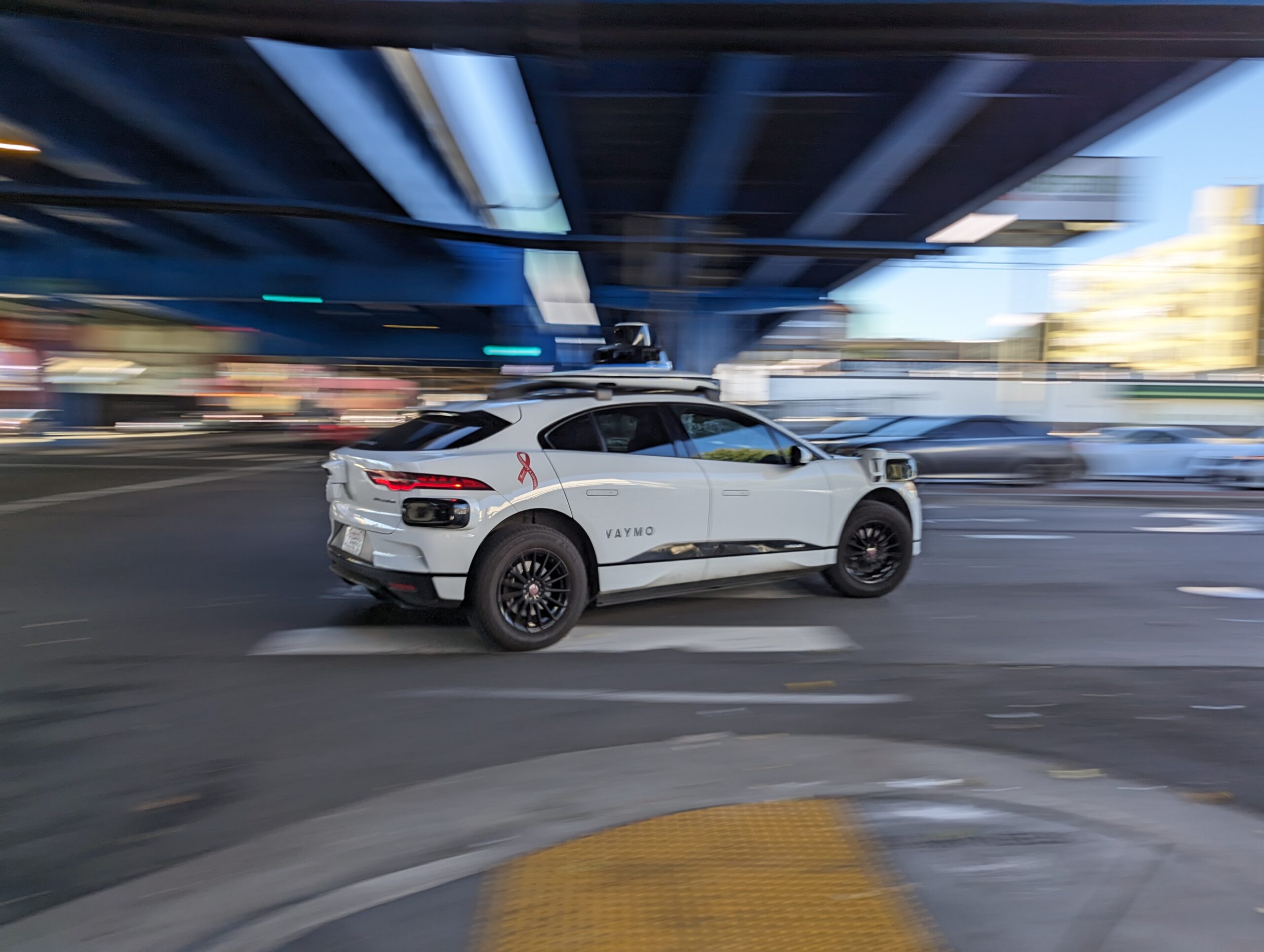Texas is quickly becoming a hub for rolling out autonomous vehicles. With multiple companies already operating driverless services in the state, Lyft became the latest company to announce plans to launch robotaxis in the Lone Star state. Lyft will soon offer service in Dallas, signaling the state’s growing dominance in what could be a $1.2 trillion market by 2030.
The ride-sharing company plans to begin service as soon as 2026 through a partnership with Japanese fleet management company Marubeni and Israel-based autonomous driving technology provider Mobileye. The announcement makes Texas the leading state for robotaxis where four major companies — Lyft, Uber, Waymo and Tesla — have committed to operating autonomous ride-hailing services.
As driverless technology rapidly accelerates, city and state governments are weighing how to best regulate and integrate autonomous vehicles into their transportation networks, and Texas has emerged as a real-world laboratory for the technology. The state’s combination of business-friendly policies, a variety of urban driving environments and its established tech workforce has attracted billions in investment from companies racing to capture market share in the autonomous vehicle sector.
The announcement from Lyft comes as the state’s major cities are already seeing significant autonomous vehicle activity. General Motors-owned Cruise was active in Austin, Dallas and Houston before shutting down in late 2023. Waymo’s fleet of fully autonomous, all-electric Jaguar I-PACE vehicles has been operating in Austin for several months, providing rides through the Uber platform. Meanwhile, Austin-based Avride‘s autonomous delivery robots — vehicles much smaller than a car that ride on sidewalks at up to 5 mph — are actively serving customers through Uber Eats around downtown Austin with plans to expand to Dallas, where a similar company, Serve Robotics, is already active.
Several more autonomous vehicles are expected to become available soon. Beyond Lyft’s planned deployment, Avride has eventual plans to launch its own robotaxi service through its partnership with Uber, starting in Austin and then Dallas. Tesla has also announced plans to begin autonomous ride-hailing operations in Austin this June, using Model Y SUVs and Model 3 sedans equipped with its Full Self-Driving software.
Austin has become a hub for autonomous vehicle expertise, hosting both Waymo’s operations, serving as headquarters for Avride’s research and development facilities, and supporting Tesla’s gigafactory just outside the city. Waymo, building on its experience providing rides in San Francisco, Phoenix, and Los Angeles, has successfully integrated its vehicles into Uber’s platform in parts of Austin.
As more services prepare to launch, companies are emphasizing gradual rollouts and safety-first approaches. Lyft plans to leverage its experience from existing autonomous vehicle services in Las Vegas and Atlanta, while Avride continues to expand its delivery operations methodically across its service areas before the launch of robotaxis.
The timeline for upcoming services remains subject to regulatory approvals and successful technology deployment. Details about future fleet sizes, service areas, and pricing are expected to be announced as companies move closer to their respective launch dates.
Photo courtesy Mliu92, CC BY-SA 3.0 https://creativecommons.org/licenses/by-sa/3.0, via Wikimedia Commons













